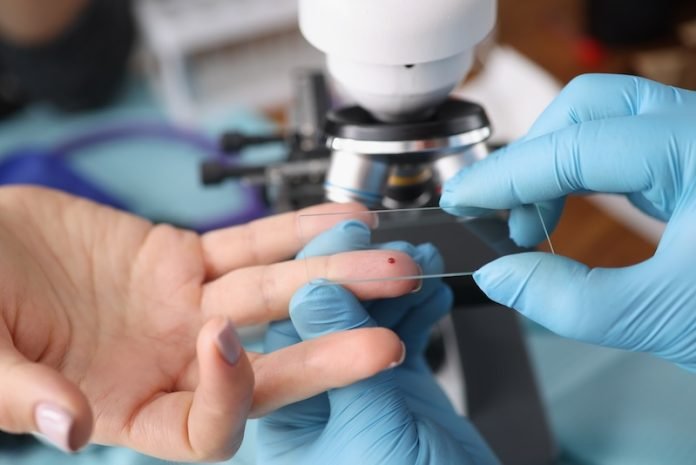
Recent research led by Osaka University has shed light on the role of D-alanine, a form of amino acid, in the human body.
Published in the journal Kidney360, this study reveals the important function of D-alanine in relation to the circadian clock and gluconeogenesis, a process where glucose is synthesized in the body.
Amino acids, the building blocks of proteins, exist in two forms: L- and D-forms. While L-amino acids are well-known for constructing natural proteins, the role of D-amino acids like D-alanine has remained largely unexplored, despite their presence in our daily diet.
The circadian clock, which is our body’s natural timekeeping system, aligns with the 24-hour day-night cycle and influences numerous biological processes, including gluconeogenesis.
This process is crucial for maintaining energy levels, especially when carbohydrate intake is low. Although it was known that gluconeogenesis varies with the circadian rhythm, the underlying reasons were unclear.
D-alanine was identified as a potential player in this process. Found in tissues that metabolize glucose, its levels in blood and urine were observed to fluctuate with the circadian rhythm.
Using advanced analytical techniques, the research team quantified trace levels of D-alanine and established that its levels indeed change in sync with the circadian clock.
This variation was linked to its removal through urine, a process controlled by the kidneys. Additionally, sleep was found to be a crucial regulator of D-alanine levels.
The team delved deeper by examining gene expression in the kidney when exposed to D-alanine.
They employed a deep-learning analysis with an iterative random-forest algorithm, revealing that D-alanine upregulates genes related to both gluconeogenesis and the circadian rhythm.
Further analysis showed that the effects of D-alanine were mediated by a transcription factor called Cry2, a well-known circadian regulator. Under disrupted circadian conditions, D-alanine treatment was found to improve daily rhythm.
The discovery that D-alanine acts as a connector between gluconeogenesis in the kidney and the circadian clock has significant implications. It highlights how D-alanine influences glucose production through the circadian transcriptional network.
This breakthrough enhances our understanding of the role of D-amino acids in human physiology.
It opens up exciting possibilities for developing new treatments for diseases related to glucose metabolism, such as diabetes, and disorders associated with the circadian rhythm, like sleep disturbances.
If you care about diabetes, please read studies about new way to achieve type 2 diabetes remission, and one avocado a day keeps diabetes at bay.
For more information about diabetes, please see recent studies about 5 dangerous signs you have diabetes-related eye disease, and results showing why pomegranate is super fruit for people with diabetes.
The research findings can be found in Kidney360.
Copyright © 2023 Knowridge Science Report. All rights reserved.



